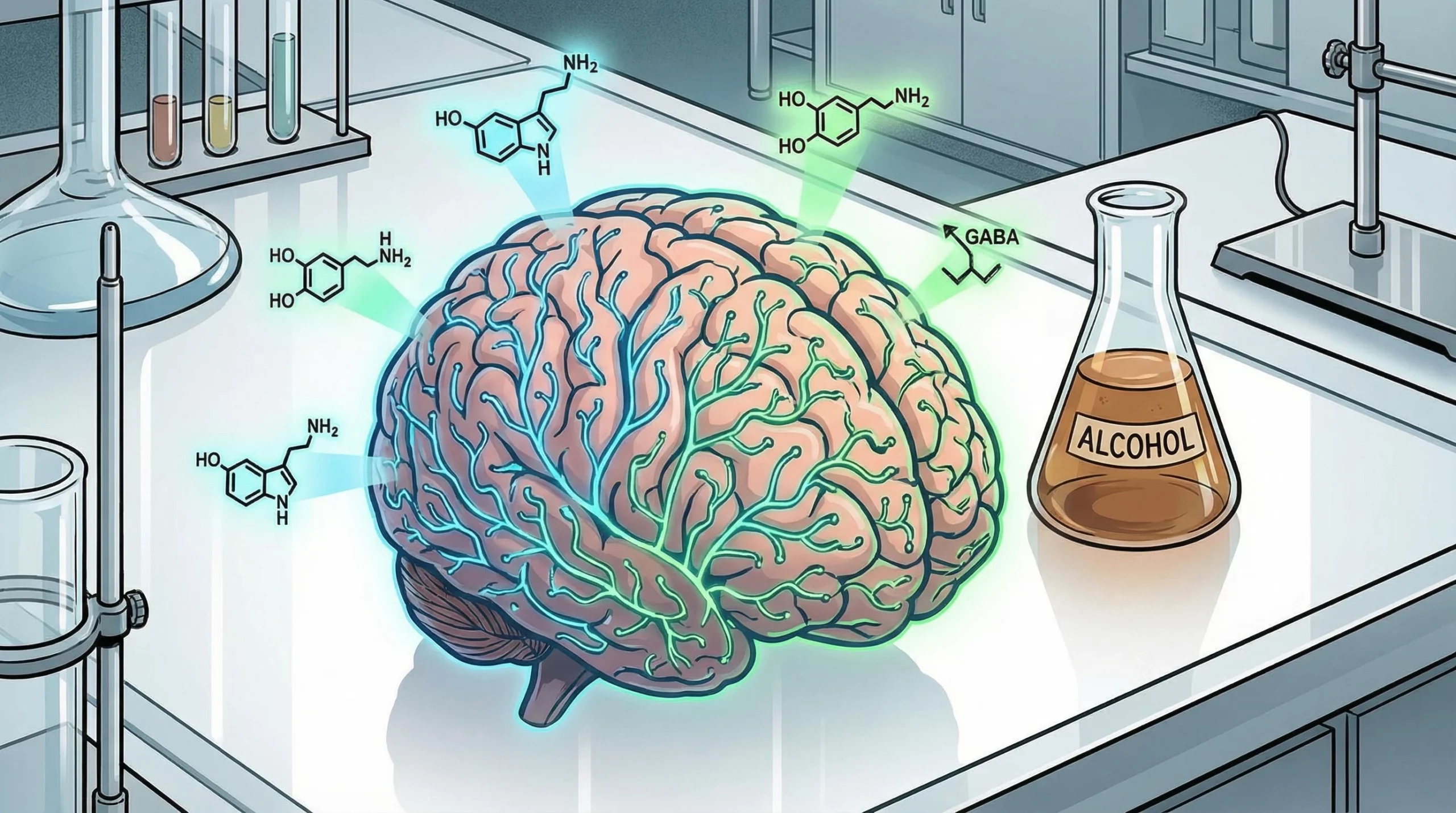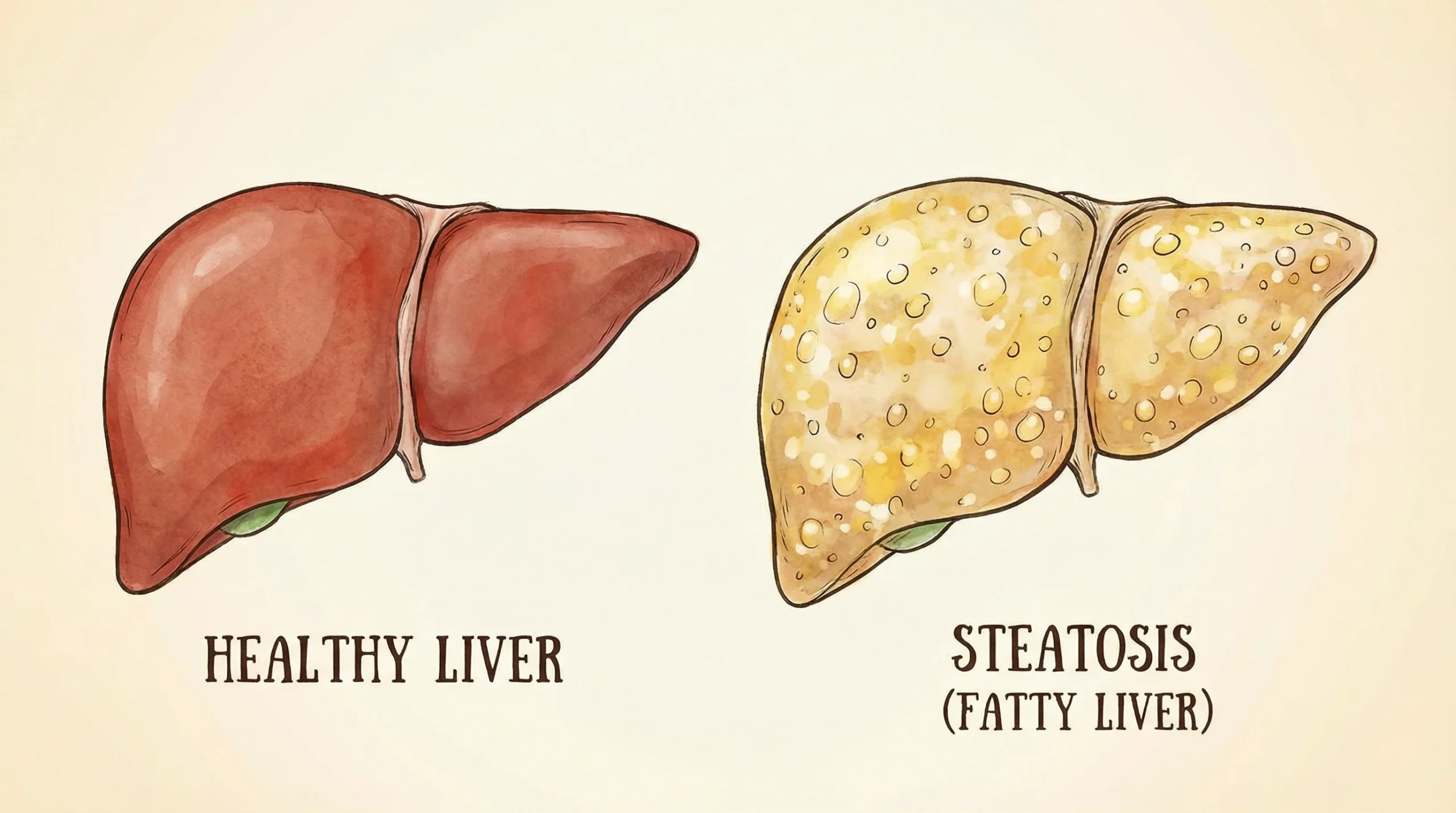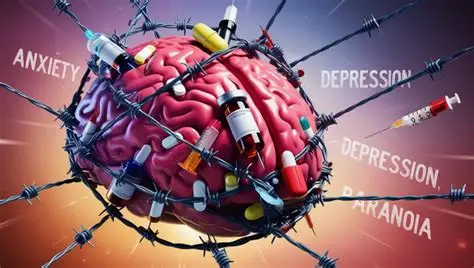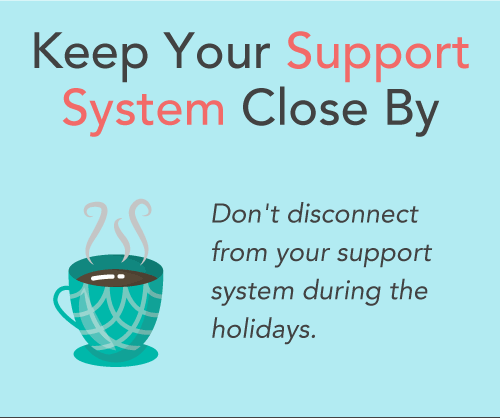The Science Behind Alcohol Cravings
Alcohol cravings can be hard to ignore and often feel like they come out of nowhere. It can seem like your body and brain are working against your intentions, especially when you’re cutting back or trying to quit drinking. I’m going to break down the science behind these cravings, why they happen, and what’s really … Read more








